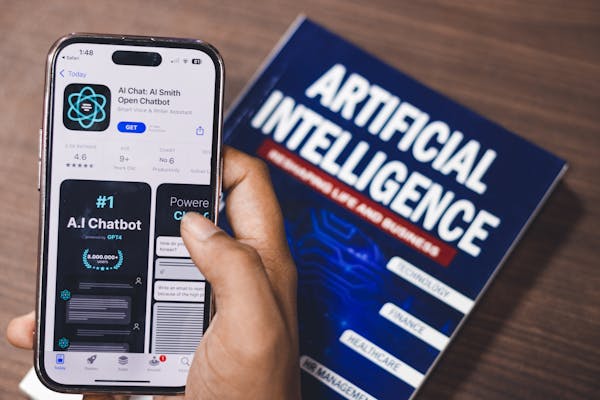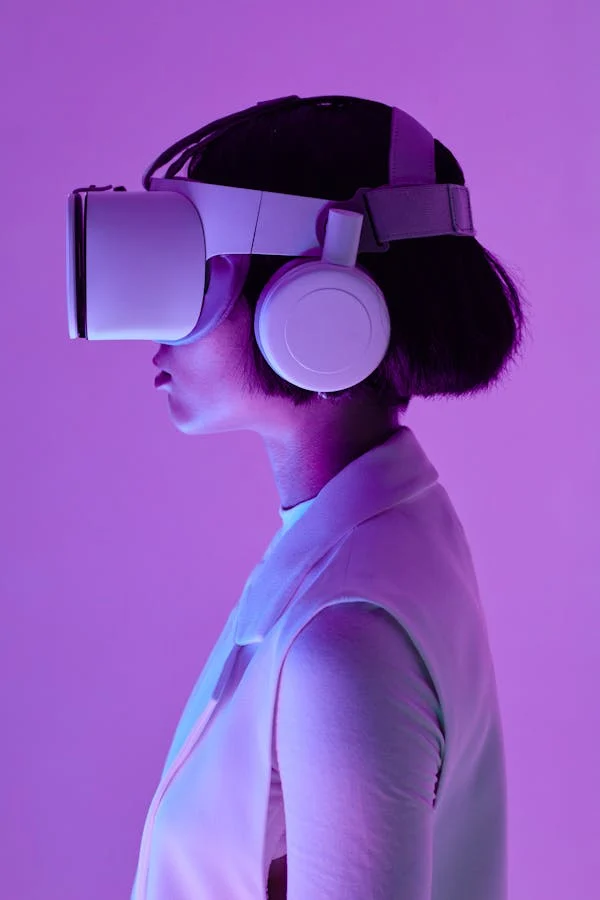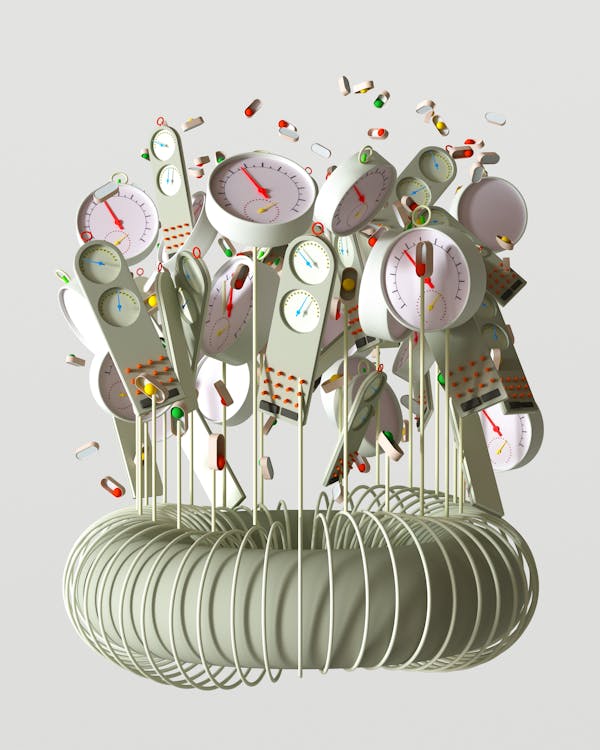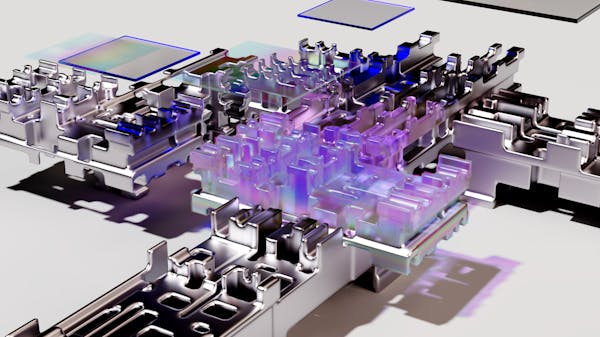
Artificial Intelligence (AI) is revolutionizing the world, shaping industries, and transforming our daily lives. To stay ahead in this rapidly evolving field, reading insightful books about AI is one of the best ways to gain a deeper understanding. Whether you’re a beginner, an enthusiast, or a seasoned expert, there’s an AI book for you. This article explores some of the most thought-provoking, educational, and influent
The Ultimate Guide to Books About AI
Introduction
Artificial Intelligence (AI) is no longer a concept of the future; it’s here, shaping our daily interactions and professional landscapes. From voice assistants like Alexa to self-driving cars, AI technologies have become part of our lives. But what lies beneath this powerful innovation? To uncover the mysteries and mechanics of AI, books offer a gateway to deep understanding. Whether you’re exploring AI for the first time or advancing your existing knowledge, this guide highlights the best books about AI to guide your journey.
Understanding AI Fundamentals

Books for AI Beginners
If you’re just starting your AI journey, don’t worry. There are several accessible books tailored for beginners.
- Artificial Intelligence: A Guide to Intelligent Systems by Michael Negnevitsky
This book breaks down complex AI concepts into simple, digestible information. It covers topics like expert systems, machine learning, and natural language processing, making it ideal for newcomers. - AI Superpowers: China, Silicon Valley, and the New World Order by Kai-Fu Lee
A compelling blend of AI fundamentals and geopolitical analysis, this book highlights how China and the U.S. are leading AI advancements. Lee’s storytelling captivates while teaching essential concepts.
What to Look for in Introductory AI Books
When choosing a beginner AI book, prioritize:
- Simple language and clear examples
- Visual aids like diagrams and illustrations
- Author credibility and industry expertise
Intermediate and Advanced AI Insights

Books for Intermediate Learners
If you have a basic grasp of AI and want to delve deeper, intermediate books are your next step.
- Hands-On Machine Learning with Scikit-Learn, Keras, and TensorFlow by Aurélien Géron
This practical guide offers hands-on projects that help readers implement machine learning algorithms. It’s perfect for those who prefer experiential learning. - Deep Learning by Ian Goodfellow, Yoshua Bengio, and Aaron Courville
A go-to resource for understanding neural networks, this book is rich with theoretical and practical insights.
Advanced AI Texts
For experts or academics, advanced-level books provide deeper theoretical and technical understanding.
- Artificial Intelligence: A Modern Approach by Stuart Russell and Peter Norvig
Considered the AI Bible, this book is essential for students and professionals alike. It covers everything from search algorithms to advanced AI planning. - The Master Algorithm by Pedro Domingos
Domingos explores the quest to find a single algorithm capable of driving all machine learning models. It’s a fascinating read for advanced enthusiasts.
AI and Society

Ethical and Philosophical Perspectives
AI’s rise brings profound ethical challenges. These books address critical questions about fairness, accountability, and humanity.
- Weapons of Math Destruction by Cathy O’Neil
A wake-up call about how poorly designed algorithms can reinforce inequality. O’Neil’s writing is sharp, insightful, and accessible. - Superintelligence: Paths, Dangers, Strategies by Nick Bostrom
Delve into the long-term implications of AI surpassing human intelligence. Bostrom raises critical concerns about AI governance.
The Future of Work and AI
- Prediction Machines: The Simple Economics of Artificial Intelligence by Ajay Agrawal, Joshua Gans, and Avi Goldfarb
This book explores how AI is reshaping industries and redefining work. It’s a must-read for professionals navigating AI’s influence on the economy.
Specialized Topics in AI

Books on Natural Language Processing (NLP)
Natural Language Processing (NLP) is one of the most exciting subfields of AI, powering applications like chatbots, translation tools, and virtual assistants. If you’re curious about how machines understand and generate human language, these books are excellent resources.
- Speech and Language Processing by Daniel Jurafsky and James H. Martin
This comprehensive text covers everything from basic linguistics to advanced NLP techniques. It’s ideal for readers with a technical background who want to dive deep into the computational aspects of language. - Natural Language Processing with Python by Steven Bird, Ewan Klein, and Edward Loper
A hands-on guide that teaches you how to use Python libraries like NLTK to work on NLP projects. This book is a practical choice for anyone interested in coding-based AI solutions.
Robotics and AI

AI isn’t just about algorithms and data; it’s also about physical applications like robotics. Robotics combines AI with mechanical engineering to create systems capable of perceiving and interacting with the world.
- Robotics: Modelling, Planning and Control by Bruno Siciliano
A detailed guide to understanding the principles of robotics, this book emphasizes AI’s role in controlling robotic systems. It’s an excellent read for aspiring roboticists. - Robot Ethics 2.0: From Autonomous Cars to Artificial Intelligence by Patrick Lin, Ryan Jenkins, and Keith Abney
This book discusses the ethical implications of robotics, particularly as they become increasingly autonomous. The authors raise essential questions about accountability and responsibility.
Fictional and Popular AI Books
Novels About AI
Fiction is often where groundbreaking ideas about AI first appear. These novels entertain while challenging readers to think critically about AI’s role in society.
- I, Robot by Isaac Asimov
Asimov’s classic collection of short stories explores the “Three Laws of Robotics” and the philosophical dilemmas they create. It’s a timeless introduction to the ethical complexities of AI. - Neuromancer by William Gibson
This cyberpunk novel envisions a world where AI and humans coexist in a digital landscape. Gibson’s imaginative storytelling has influenced countless visions of AI.
Pop Science Reads on AI

For readers who want to learn about AI in a more casual but still informative way, pop science books strike the perfect balance.
- Life 3.0: Being Human in the Age of Artificial Intelligence by Max Tegmark
Tegmark discusses how AI could shape the future of humanity, from our jobs to our personal lives. It’s written in an engaging style, making it accessible to a broad audience. - The Singularity Is Near by Ray Kurzweil
A bold look at AI’s potential to transform human existence. Kurzweil predicts a future where humans and machines merge, offering both optimism and caution.
Benefits of Reading AI Books
Skill Enhancement
Reading AI books helps you build essential skills, whether you’re a programmer, data scientist, or policy maker. These texts provide theoretical knowledge and practical tools for tackling AI projects.
Broadening Perspectives
AI isn’t just a technical field—it’s a lens for examining the broader human experience. By reading about AI, you’ll gain insights into ethics, philosophy, economics, and more, helping you understand its societal impact.
Tips for Choosing the Right AI Book

With so many books available, choosing the right one can be daunting. Here are some tips:
- Assess Your Knowledge Level
Beginners should start with foundational texts, while experienced readers can explore advanced or specialized topics. - Define Your Learning Goals
Are you looking to code AI applications, explore ethical questions, or understand industry trends? Your goal should guide your choice. - Read Reviews and Recommendations
Online reviews, expert endorsements, and reader testimonials can help you find highly rated and well-regarded books.
How AI Literature Is Shaping Thought Leaders
AI books have inspired countless professionals to become innovators and change-makers. For instance, Elon Musk has frequently cited books like Superintelligence and Life 3.0 as influential in shaping his thoughts on AI. By diving into AI literature, you too can adopt the mindset of a thought leader, prepared to navigate the complexities of the AI-driven future.

Conclusion
Artificial Intelligence is transforming the world at an unprecedented pace. To stay informed and equipped, diving into books about AI is essential. Whether you’re exploring the basics, delving into advanced techniques, or contemplating the ethical implications, there’s a book out there tailored for your needs. Start your AI journey today by picking up one of the books mentioned in this guide—you might just uncover the next big idea that shapes your future.
FAQs
1. What are the best books for beginners in AI?
Books like Artificial Intelligence: A Guide to Intelligent Systems by Michael Negnevitsky and AI Superpowers by Kai-Fu Lee are excellent starting points for understanding AI fundamentals.
2. Which books cover the ethical aspects of AI?
Weapons of Math Destruction by Cathy O’Neil and Superintelligence by Nick Bostrom explore the ethical and societal impacts of AI in depth.
3. Can I learn AI programming from books?
Absolutely! Books like Hands-On Machine Learning with Scikit-Learn, Keras, and TensorFlow and Natural Language Processing with Python are great resources for coding-based AI learning.
4. Are there any fiction books that explore AI?
Yes, novels like I, Robot by Isaac Asimov and Neuromancer by William Gibson offer engaging fictional perspectives on AI.
5. What is the most recommended advanced-level AI book?
Artificial Intelligence: A Modern Approach by Stuart Russell and Peter Norvig is widely regarded as the definitive textbook for advanced AI study.

